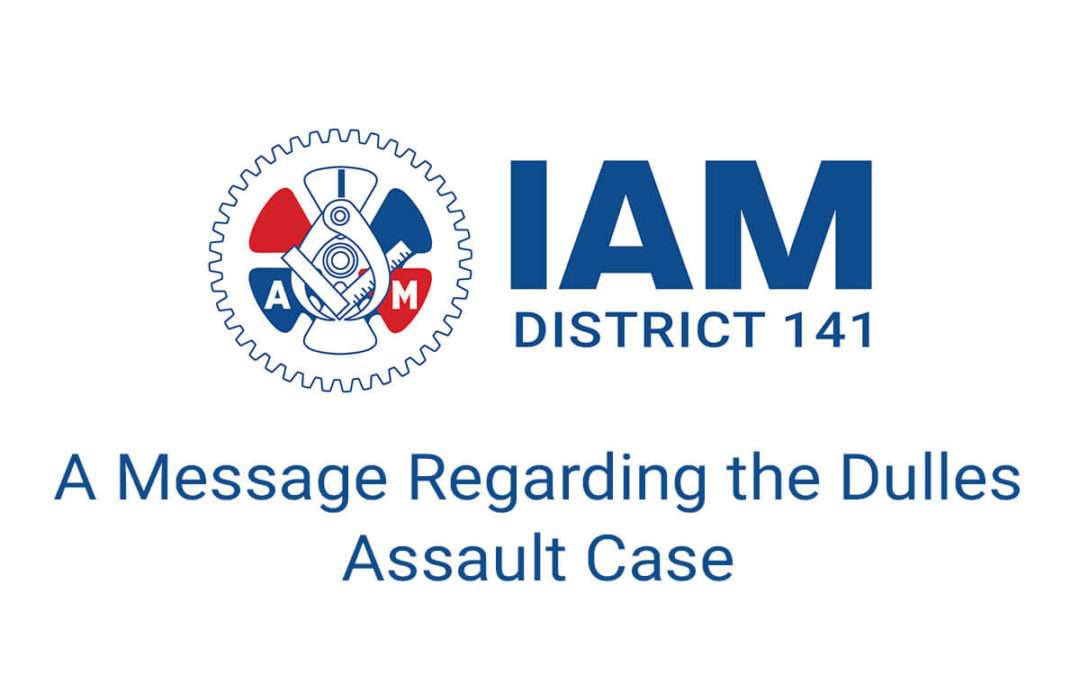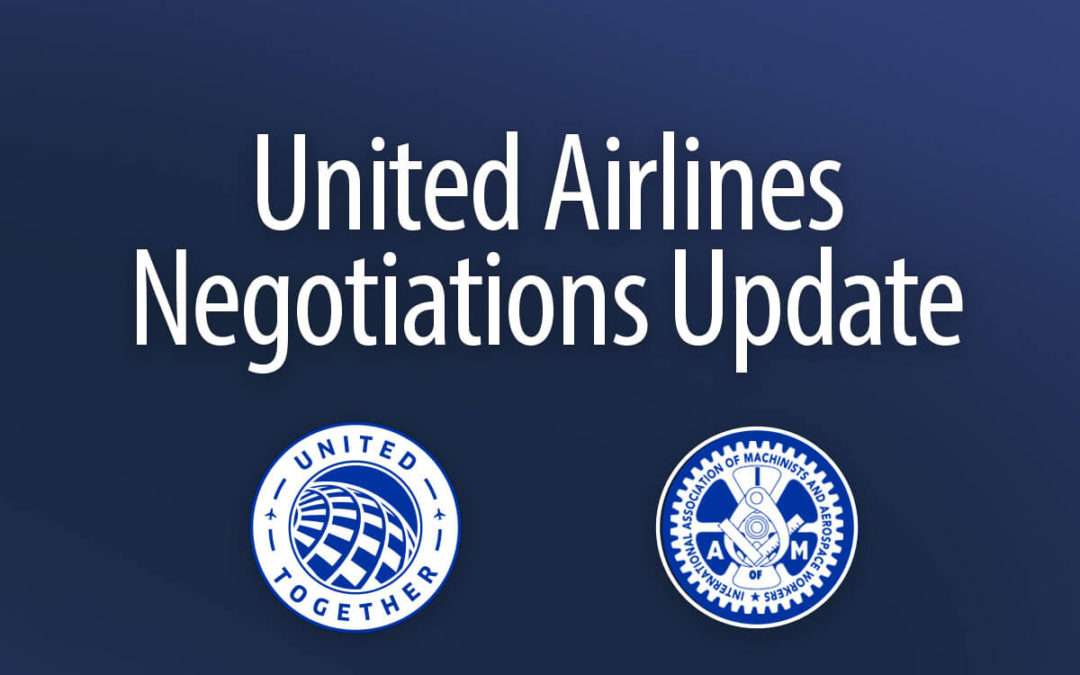
The Wage Debate: Why Better Wages Are Good News for Everyone—Even Workers
We live in a society with the dubious honor of boasting a powerful and activist Managerial Class. This class would love little more than to convince a critical mass of working people to accept smaller paychecks. One way they accomplish this goal is to convince working people that they are going broke because they earn too much money.
It may sound unlikely, but the argument has been instrumental in preventing a raise in the Federal Minimum Wage for the past 14 years, demonstrating both its ability to mislead and its staying power.
Another variant: workers are regularly warned that should their paychecks grow too large, their jobs could be outsourced to some far-flung corner of the world where employees will be less expensive and less impudent.
In recent years, the push for better wages has gained significant momentum, thanks in no small part to the tireless efforts of unions and worker advocates. Yet, a recurring argument persistently challenges this progress: the notion that higher wages inevitably lead to higher consumer prices, hurting the very people the movement aims to help. This argument may seem convincing, but is it grounded in reality?
The Blame Game: Workers as Scapegoats
Workers are being blamed for higher prices and portrayed as harming society through greed. For instance, wait staff are blamed for higher restaurant prices to make patrons angry at other members of the same working class instead of the owners and their endless quest for profits.
There’s no universe in which profiteers will ever have enough money. Therefore, price hikes are inevitable and not caused by higher wages; they will always charge as much for their products as possible.
At the same time, workers are threatened by the Managerial Class with a lose-lose proposition: keep asking for more money, and we’ll increase the prices you pay for the things you need. This strategy aims to pit workers against each other and deflects attention from the true culprits behind rising costs.
The belief that higher wages harm consumers has been perpetuated to instill fear and division among working people. Far from being detrimental, better wages have been shown to significantly benefit the working class as a whole, creating a ripple effect of positive impacts across society.
So, whether you’re a worker concerned about the implications of wage increases or a consumer wary of price hikes, there’s good news. Better wages are not the enemy we’ve been led to believe. In fact, they could be the hero we’ve all been waiting for.
The Argument Against Wages
According to economic theory, labor costs, which are a part of the marginal cost of production, play a crucial role in setting consumer prices. Economists such as Richard Layard, Stephen Nickell, and Richard Jackman have argued that higher wages require higher consumer prices. Increased prices, they claim, neutralize the higher wages.
“…when buoyant demand reduces unemployment (at least relative to recent experienced levels), inflationary pressure develops. Firms start bidding against each other for labour, and workers feel more confident in pressing wage claims. If the inflationary pressure is too great, inflation starts spiraling upwards: higher wages lead to higher price rises, leading to still higher wage rises, and so on. This is the wage-price spiral.”
- Richard Layard, Stephen Nickell, and Richard Jackman, The unemployment crisis
This isn’t an argument for lower consumer prices, as it pretends to be. This is an argument against the very concept of wages.
Effectively, the argument asks us to believe that lower wages are in the best interests of working people. If workers get paid less, they will enjoy more money since the prices they pay for goods and services are lower.
Companies have various methods to absorb the increased labor costs that don’t involve raising prices, such as improving operational efficiencies or accepting slightly lower profit margins.
The “wage-price spiral” argument is essentially circular reasoning. It assumes that higher wages will automatically lead to higher prices, which will then cause ever higher wages, and so on. It ignores completely the existence of self-correcting mechanisms in an economy, like increased supply or reduced demand, which can break the cycle. It also uses a slippery slope fallacy by implying that any wage increase will inevitably lead to runaway inflation. This also ignores vast empirical evidence that moderate wage increases have not led to uncontrollable inflation.
Wages Now vs. Wages Later
Firstly, the fear of higher prices is often predicated on the wages workers earn now, not the wages they would make after a raise. This is a crucial oversight. A significant wage increase could easily offset a modest increase in the cost of living. For example, a 10% increase in wages coupled with a 2% increase in the cost of goods still leaves the worker 8% better off.
Anti-union managers often employ similar reasoning to dissuade non-union workers from organizing. They raise the specter of unaffordable union dues as a deterrent, attempting to scare workers away from the benefits of collective bargaining. This argument is a variant of the anti-wage increase argument and is equally flawed for similar reasons.
Just as workers might fear higher prices based on their current wages rather than potential higher wages, non-union workers often calculate the cost of union dues against their current, lower wages. They’re not considering what they would be making if they were part of a union, which often includes higher wages, better benefits, job security, and improved working conditions.
By focusing on the immediate cost of union dues without considering the broader financial and social benefits of union membership, workers are making an incomplete assessment that only serves the interests of anti-union managers. It’s a fear tactic designed to maintain the status quo, keeping workers disempowered and wages low.
Like the argument against wage increases, the union dues fear tactic is a form of economic manipulation that seeks to keep workers in a state of uncertainty and apprehension, preventing them from taking steps that would improve their lives both financially and socially.
The truth is that the belief that higher wages harm consumers has been perpetuated to instill fear and division among working people. Far from being detrimental, better wages have been shown to significantly benefit the working class as a whole, creating a ripple effect of positive impacts across society.
In other words, when it comes to wages, sometimes more is more.
Related News
An Important Message Regarding the Dulles Assault Case
I am writing to provide an important update regarding the case of Christopher Crittenden, a former Montgomery County Fire & Rescue Service captain, who assaulted United Airlines Passenger Service Employee (PSE) Jerry Mauricio at Dulles (IAD) airport on March 13th...
United Airlines Negotiations Update for September 16, 2025
Our negotiating team and United Airlines management continued discussions for our seven collective bargaining agreements this past week in Chicago. We were joined by subcommittees for the Central Load Planners (CLP), who actively worked on their specific...
Greg Klujewski Appointed IAM District 141 Vice President At-Large
Greg Klujewski Appointed IAM District 141 Vice President At-LargeIAM141.org3 September 2025Union Leader and Educator empowering the next generation of Machinists Greg Klujewski, a longtime union activist from Local Lodge 1487, has been appointed Vice...
Stay up to date with all the latest news and information from the Machinists Union

The Wage Debate: Why Better Wages Are Good News for Everyone—Even Workers
August 29, 2023
We live in a society with the dubious honor of boasting a powerful and activist Managerial Class. This class would love little more than to convince a critical mass of working people to accept smaller paychecks. One way they accomplish this goal is to convince working people that they are going broke because they earn too much money.
It may sound unlikely, but the argument has been instrumental in preventing a raise in the Federal Minimum Wage for the past 14 years, demonstrating both its ability to mislead and its staying power.
Another variant: workers are regularly warned that should their paychecks grow too large, their jobs could be outsourced to some far-flung corner of the world where employees will be less expensive and less impudent.
In recent years, the push for better wages has gained significant momentum, thanks in no small part to the tireless efforts of unions and worker advocates. Yet, a recurring argument persistently challenges this progress: the notion that higher wages inevitably lead to higher consumer prices, hurting the very people the movement aims to help. This argument may seem convincing, but is it grounded in reality?
The Blame Game: Workers as Scapegoats
Workers are being blamed for higher prices and portrayed as harming society through greed. For instance, wait staff are blamed for higher restaurant prices to make patrons angry at other members of the same working class instead of the owners and their endless quest for profits.
There’s no universe in which profiteers will ever have enough money. Therefore, price hikes are inevitable and not caused by higher wages; they will always charge as much for their products as possible.
At the same time, workers are threatened by the Managerial Class with a lose-lose proposition: keep asking for more money, and we’ll increase the prices you pay for the things you need. This strategy aims to pit workers against each other and deflects attention from the true culprits behind rising costs.
The belief that higher wages harm consumers has been perpetuated to instill fear and division among working people. Far from being detrimental, better wages have been shown to significantly benefit the working class as a whole, creating a ripple effect of positive impacts across society.
So, whether you’re a worker concerned about the implications of wage increases or a consumer wary of price hikes, there’s good news. Better wages are not the enemy we’ve been led to believe. In fact, they could be the hero we’ve all been waiting for.
The Argument Against Wages
According to economic theory, labor costs, which are a part of the marginal cost of production, play a crucial role in setting consumer prices. Economists such as Richard Layard, Stephen Nickell, and Richard Jackman have argued that higher wages require higher consumer prices. Increased prices, they claim, neutralize the higher wages.
“…when buoyant demand reduces unemployment (at least relative to recent experienced levels), inflationary pressure develops. Firms start bidding against each other for labour, and workers feel more confident in pressing wage claims. If the inflationary pressure is too great, inflation starts spiraling upwards: higher wages lead to higher price rises, leading to still higher wage rises, and so on. This is the wage-price spiral.”
- Richard Layard, Stephen Nickell, and Richard Jackman, The unemployment crisis
This isn’t an argument for lower consumer prices, as it pretends to be. This is an argument against the very concept of wages.
Effectively, the argument asks us to believe that lower wages are in the best interests of working people. If workers get paid less, they will enjoy more money since the prices they pay for goods and services are lower.
Companies have various methods to absorb the increased labor costs that don’t involve raising prices, such as improving operational efficiencies or accepting slightly lower profit margins.
The “wage-price spiral” argument is essentially circular reasoning. It assumes that higher wages will automatically lead to higher prices, which will then cause ever higher wages, and so on. It ignores completely the existence of self-correcting mechanisms in an economy, like increased supply or reduced demand, which can break the cycle. It also uses a slippery slope fallacy by implying that any wage increase will inevitably lead to runaway inflation. This also ignores vast empirical evidence that moderate wage increases have not led to uncontrollable inflation.
Wages Now vs. Wages Later
Firstly, the fear of higher prices is often predicated on the wages workers earn now, not the wages they would make after a raise. This is a crucial oversight. A significant wage increase could easily offset a modest increase in the cost of living. For example, a 10% increase in wages coupled with a 2% increase in the cost of goods still leaves the worker 8% better off.
Anti-union managers often employ similar reasoning to dissuade non-union workers from organizing. They raise the specter of unaffordable union dues as a deterrent, attempting to scare workers away from the benefits of collective bargaining. This argument is a variant of the anti-wage increase argument and is equally flawed for similar reasons.
Just as workers might fear higher prices based on their current wages rather than potential higher wages, non-union workers often calculate the cost of union dues against their current, lower wages. They’re not considering what they would be making if they were part of a union, which often includes higher wages, better benefits, job security, and improved working conditions.
By focusing on the immediate cost of union dues without considering the broader financial and social benefits of union membership, workers are making an incomplete assessment that only serves the interests of anti-union managers. It’s a fear tactic designed to maintain the status quo, keeping workers disempowered and wages low.
Like the argument against wage increases, the union dues fear tactic is a form of economic manipulation that seeks to keep workers in a state of uncertainty and apprehension, preventing them from taking steps that would improve their lives both financially and socially.
The truth is that the belief that higher wages harm consumers has been perpetuated to instill fear and division among working people. Far from being detrimental, better wages have been shown to significantly benefit the working class as a whole, creating a ripple effect of positive impacts across society.
In other words, when it comes to wages, sometimes more is more.
Related

An Important Message Regarding the Dulles Assault Case
I am writing to provide an important update regarding the case of Christopher Crittenden, a former Montgomery County Fire & Rescue Service captain, who assaulted United Airlines Passenger Service Employee (PSE) Jerry Mauricio at Dulles (IAD) airport on March 13th...

United Airlines Negotiations Update for September 16, 2025
Our negotiating team and United Airlines management continued discussions for our seven collective bargaining agreements this past week in Chicago. We were joined by subcommittees for the Central Load Planners (CLP), who actively worked on their specific...

Greg Klujewski Appointed IAM District 141 Vice President At-Large
Greg Klujewski Appointed IAM District 141 Vice President At-LargeIAM141.org3 September 2025Union Leader and Educator empowering the next generation of Machinists Greg Klujewski, a longtime union activist from Local Lodge 1487, has been appointed Vice...





